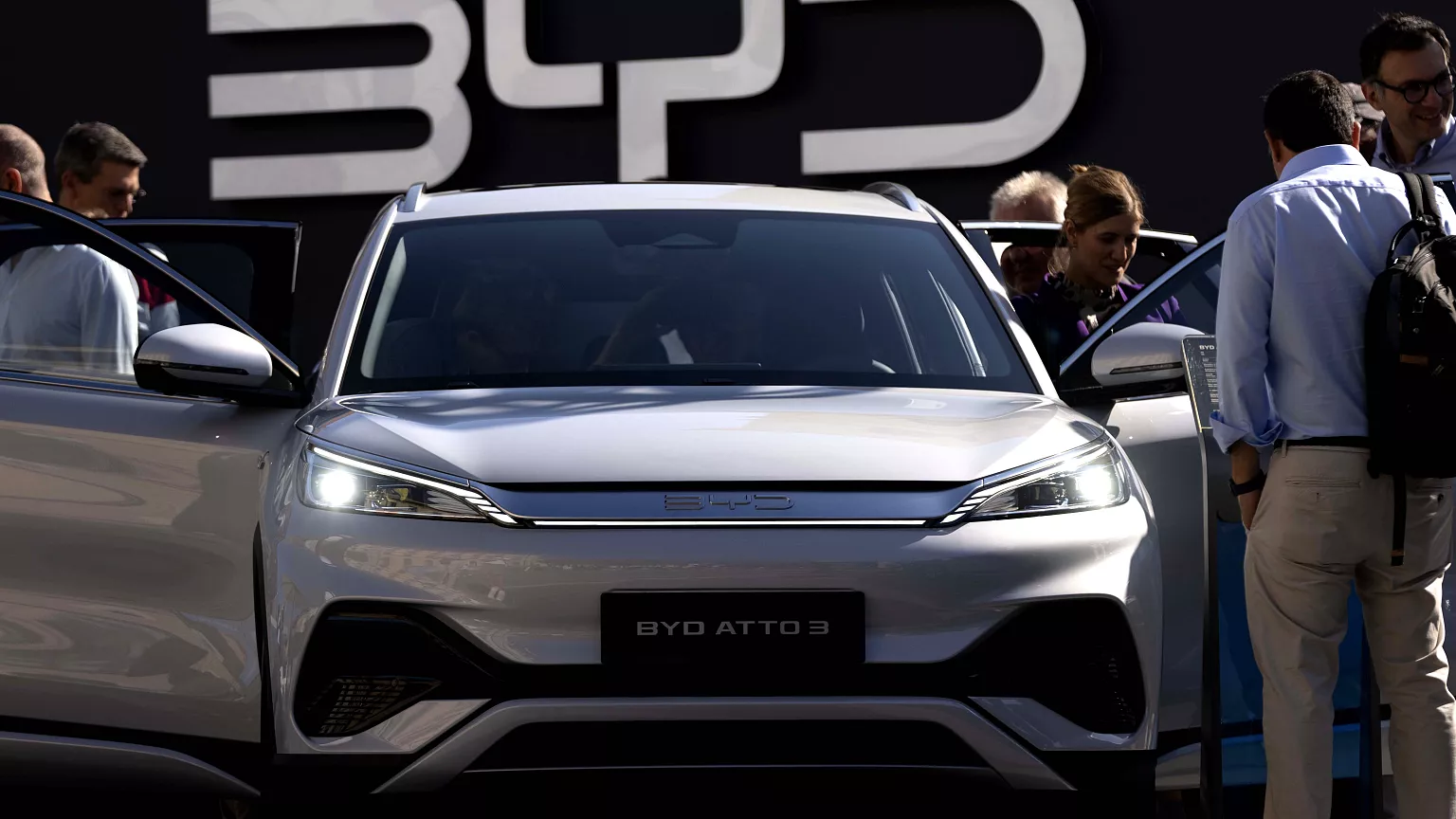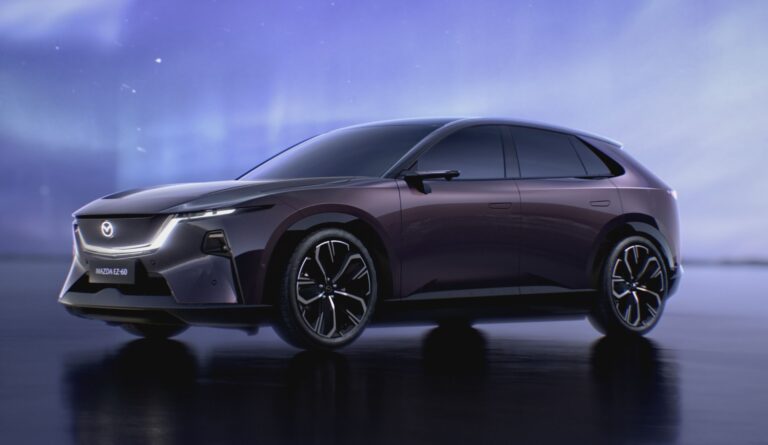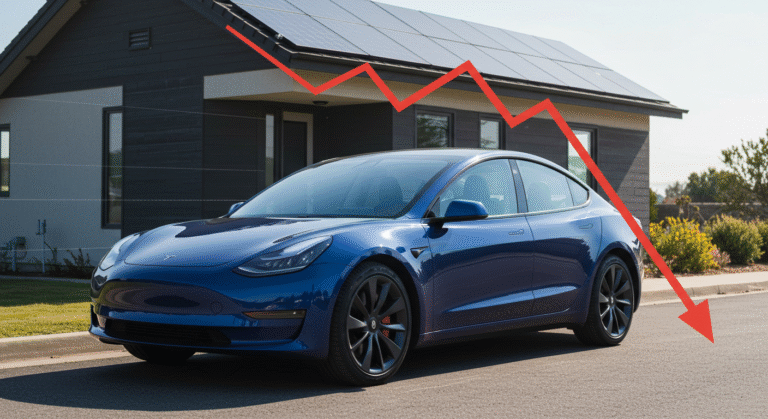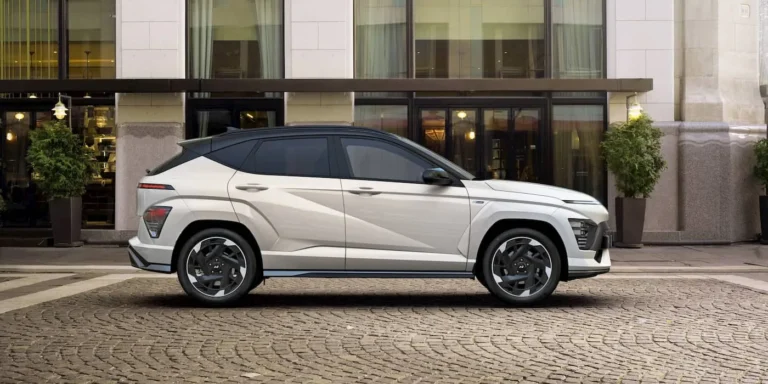Introduction
In a surprising turn of events, BYD, the Chinese electric vehicle (EV) manufacturer, has reported its best sales month of the year, yet it is simultaneously cutting production in China. This paradox raises questions about the company’s strategy and the future of its operations amid fluctuating market conditions.
Recent Sales Success
In late May, BYD made headlines by slashing prices on its electric vehicles, a move that significantly boosted its sales figures. The company sold over 250,000 EVs in June alone, marking a substantial increase compared to previous months. This surge reflects a growing demand for affordable electric vehicles as consumers seek cost-effective alternatives in the face of rising living expenses.
Reasons Behind Production Cuts
Despite this impressive sales performance, BYD is reportedly trimming production in China. Several industry sources suggest that the decision stems from a combination of factors:
- Market Saturation: With numerous competitors entering the EV space, the market is becoming increasingly saturated, leading to more aggressive pricing strategies and a potential oversupply of vehicles.
- Supply Chain Challenges: Ongoing global supply chain disruptions have made it difficult for manufacturers to maintain consistent production levels, prompting BYD to reassess its output.
- Strategic Focus: BYD may be shifting its focus towards optimizing production efficiency rather than merely increasing volume, which could entail a reduction in output to enhance profitability.
Market Context
The electric vehicle market is experiencing rapid evolution, and BYD’s actions reflect broader trends affecting the industry. As more consumers embrace EVs, manufacturers must navigate a complex landscape characterized by:
- Regulatory Changes: Governments worldwide are implementing stricter emissions standards and incentives for electric vehicles, influencing consumer purchasing decisions.
- Technological Advancements: Continuous improvements in battery technology and charging infrastructure are making EVs more accessible and appealing to a wider audience.
- Competition: Traditional automakers and new startups alike are investing heavily in electric vehicles, creating a competitive environment that can affect sales and production strategies.
Conclusion
BYD’s recent sales success is commendable, yet the decision to cut production highlights the complexities of the current EV market. As the company navigates these challenges, it remains to be seen how it will adapt its strategies to maintain its position as a leader in the electric vehicle sector. Future moves will be closely watched by industry analysts and consumers alike as BYD charts its path forward in this dynamic landscape.




